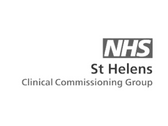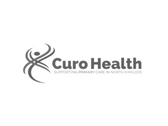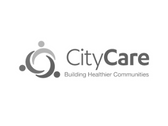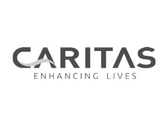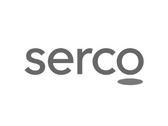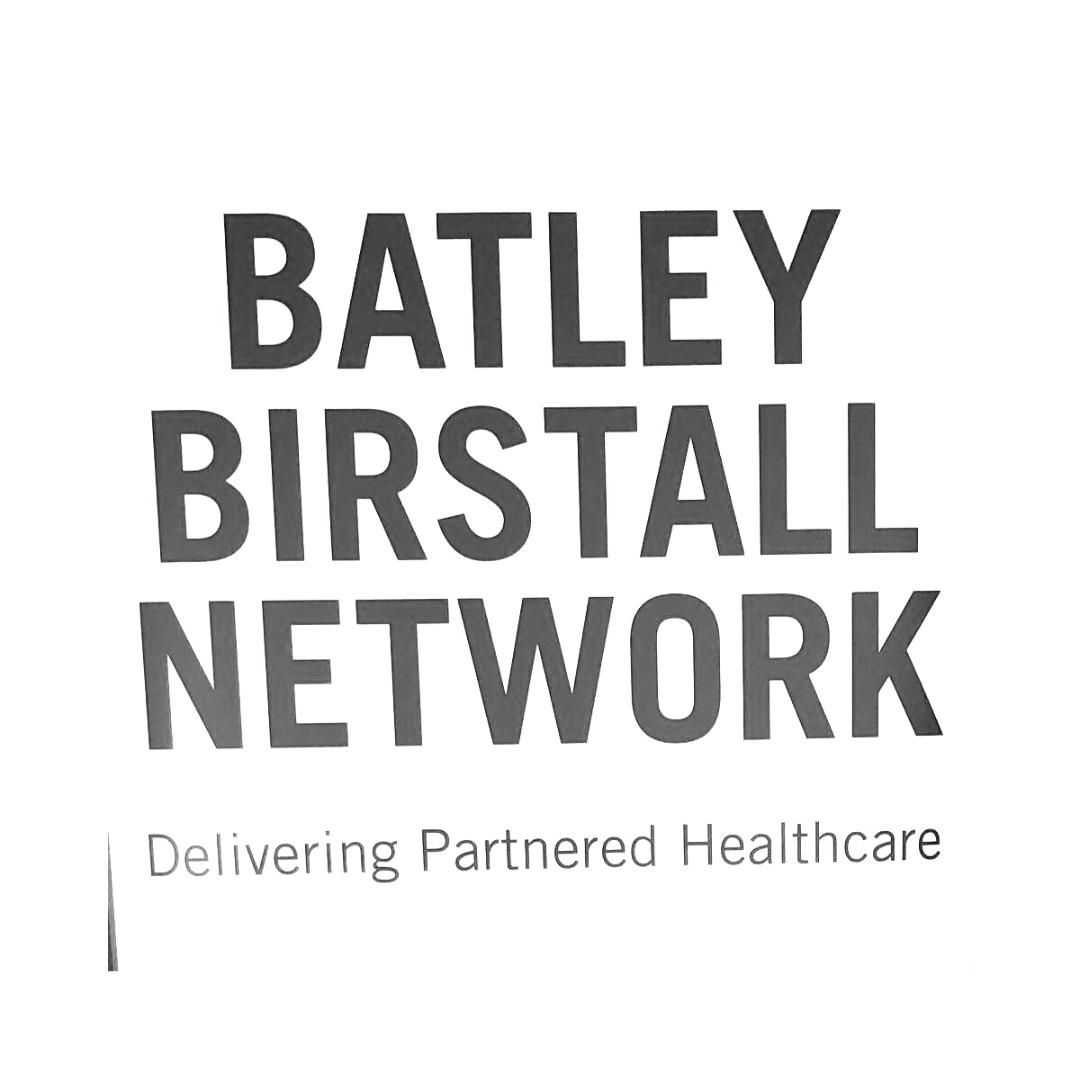CQC Compliance and Registration for Aesthetics Clinics
“Do we need to be registered with CQC as an aesthetics clinic?” is a common question we’re asked at DKJ, and for good reason, it’s not clear cut and could change at any time. Better to future-proof your business now as an aesthetics clinic owner with unsurpassed CQC compliance backup from DKJ.
Since 2014, we’ve collaborated with all sorts of aesthetics clinics including:
- Laser and skin rejuvenation clinics
- Cosmetic, botox and dermal fillers injectables clinics
- Chemical peels and skincare clinics
- Lipolysis and body sculpting clinics with non-invasive treatments
- Anti-ageing and hormone replacement therapy services.
Get the latest advice about whether you need to register with CQC right now but also prepare for when CQC registration becomes mandatory which is only a matter of time. See our Frequently Asked Questions for more details.
Making CQC Compliance Simple for Aesthetic Clinics
At DKJ, we understand that any sort of clinical compliance is more than a checklist - it's a commitment to client safety, quality, and excellence that sets you apart from your local aesthetic clinic competitors.
When the time comes to register and meet the standards set out in CQC’s Single Assessment Framework, our CQC experts will give you clear advice, zero jargon and practical hands-on support that seamlessly integrates top-tier standards with your aesthetic clinic's operations.
Tailored CQC Registration Support
Whether you need to register now or want to get ahead by doing so, DKJ is dedicated to personalising the CQC registration journey for each aesthetic clinic owner we work with.
Proactive Preparation for CQC Assessments and Inspections
CQC has changed a lot from the days of full-scale, in-person inspections with much of the CQC assessment process now done remotely and more regularly. As an aesthetics clinic, you're likely to have invested in a strong online presence, together with tons of patient feedback, so you'll have lots of the information CQC requires up front already. Still, when the time comes for your CQC assessment, it needn't be daunting. DKJ turns this necessity into a developmental sprint for aesthetic clinics focused on remarkable patient experiences through:
FAQs on CQC for Aesthetic Clinics
The Care Quality Commission is the independent regulator of health and social care in England, ensuring health and social care services provide safe, effective, compassionate, and high-quality care.
In England, aesthetics clinics offering non-surgical procedures do not generally require registration with the CQC at the moment (February 2024). However, if your clinic provides certain regulated treatments, then CQC registration would be required.
Some treatments that fall under the CQC’s scope include PDO threads, cogs, and hair restoration. Moreover, any treatment using Botulinum toxin for disease, disorder, or injury (like treating chronic migraines or hyperhidrosis) also requires CQC registration.
When Botox is used exclusively for cosmetic purposes, it is not considered a regulated activity, meaning there is no requirement to be CQC registered. However, if Botox is being used for treating diseases, disorders, or injuries, it falls under the CQC’s remit.
Yes. If you’re injecting Hyalase as a response to a complication, CQC registration is required unless it forms an insignificant part of the business.
Fillers only require CQC registration if a medic uses them to treat a disorder, injury, or disease. However, treatments purely for enhancing a patient’s appearance are exempt from CQC registration.
Each region has different regulations. In Wales, clinics offering Class 3B/4 laser and Intense Pulsed Light Sources need to register with the Health Inspectorate Wales. In Scotland, all clinics offering non-surgical treatment need to be registered with Healthcare Improvement Scotland. In Northern Ireland, it’s the Regulation and Quality Improvement Authority but only for laser or intense pulsed light cosmetic treatments.
CQC registration won’t harm your business, and it can help distinguish your clinic from non-medical providers and local competitors. This proactive step could also be advantageous if licensing laws change in the future.
Licensing laws might introduce minimum requirements for premises, and establishments like the CQC might be responsible for checking whether clinics meet these requirements. Many responsible aesthetic clinic owners agree this is a good thing.
Yes. Establishing practices that already meet the CQC requirements means that, if registration becomes mandatory, complying will just be part of your usual operations and won’t feel like an additional task.



